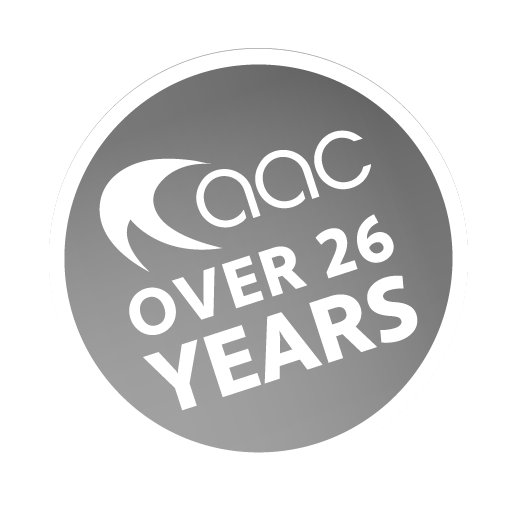

If you are a business owner or building manager responsible for the maintenance of the property, you need to be aware of the air conditioning regulations in the UK.
The Energy Performance of Buildings (England and Wales) Regulations and the EPB England and Wales Regulations detail these requirements in full, which help to protect the health and safety of people working and visiting the building.
We explain more about the key air conditioning regulations in the UK you need to be aware of so you can remain up-to-date and compliant with current statutory law.
In most cases, the installation of an air conditioning system falls into the permitted development category. This is when a property owner has the automatic right to make certain alterations without seeking authorisation from the local authority.
The location and size of the system will be considered, whilst noise pollution will also be considered as part of the process, especially if you are living in a heavily populated area.
As part of the air conditioning regulations in the UK, inspections of all commercial systems are required by an accredited energy assessor.
This is to review the energy efficiency of the system, allowing building managers to strategise ways of saving energy and reducing carbon emissions – especially if there are net zero carbon targets to meet.
The Energy Performance of Buildings Regulations state that a system with an output over 12kW should receive an inspection at least once every 5 years.
During an air conditioning inspection you can expect the following to he checked:
Once the assessment has been completed you will be provided with the inspection report that will detail the following:
The inspection must be carried out by an accredited energy assessor, and once completed, submitted to the Energy Performance of Buildings Register. This is a statutory requirement and failing to do so could lead to a fine being issued.
As we mentioned above, air conditioning inspections are a statutory requirement, and you may be issued with a penalty charge notice if you are unable to produce one upon request.
There is a 7-day time limit to produce the report once it has been requested, which could see a fine of up to £300 issued if this deadline is missed.
Air conditioners and refrigerated equipment use hydrofluorocarbons (HFCs), which can potentially cause more damage than carbon dioxide. This is classed as a fluorinated greenhouse gas (F-gas), and building managers are responsible for carrying out inspections relating to this.
As part of the Fluorinated Greenhouse Gas Regulations, the UK government aims to minimise the risk of carbon emissions that harm the environment. This means building managers and commercial property owners must:
Routine F-gas inspections may also be required for larger systems, whilst ensuring that system checks are kept up to date.
It’s important to stay on top of air conditioning regulations in the UK to keep your business compliant and to avoid a penalty notice. Working with a reputable, experienced air conditioning provider can make it easier to stay up to date with inspection and maintenance requirements. Not only will it make things less stressful and complicated for your business, but it will benefit the health of your staff and the environment.
AAC works with a wide variety of businesses in London and the Home Counties, enabling them to meet the latest air conditioning regulations in the UK. To find out more, get in touch today to arrange a free quote and survey at a time that suits you. Email info@aacteam.co.uk or call 01707 32 55 66.


Contact us to arrange your free survey and quote. We'll arrange for one of our full-qualified team to visit you at a convenient time.
Contact Us
Read more about air conditioning and how to get the most out of it.
 Read More
Read More Read More
Read More Read More
Read MoreContact us using the details below or fill out the form and we'll be straight in touch.







Find out more about AAC Group and the complementary services we offer: